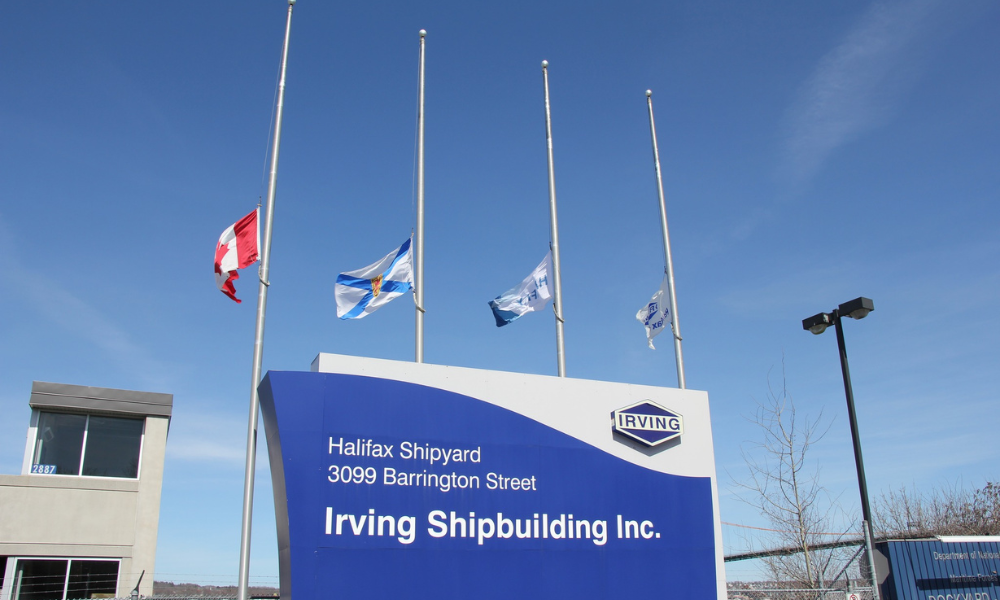(Reuters) — Authorities charged Montreal, Maine and Atlantic Railway (MM&A) and three employees with criminal negligence following last summer's train derailment in Lac-Mégantic, Que., that killed 47 people.
Thomas Harding, Jean Demaitre, Richard Labrie — all employees of the railway — and the company itself were charged with 47 counts of criminal negligence causing death, according to Rene Verret, spokesman for the public prosecutor's office.
He said Harding was the driver of the train, while Labrie was a controller at MM&A, and Demaitre was director of operations.
Representatives for the three men and railway could not immediately be reached for comment.
The three were placed under arrest on May 12 and were released on bail after a brief court appearance on May 13 in Lac-Mégantic.
The derailment occurred after a single engineer, Harding, parked his train for the night on a main line uphill from the small town. The train of oil tankers started rolling and eventually derailed, exploding into balls of fire and flattening the center of the town.
U.S.-based MM&A filed for bankruptcy protection in the wake of the disaster. MM&A chairman Edward Burkhardt, who was not charged, told Reuters in March he had been in touch with investigators "from time to time" to provide requested information.
The accident put North America's thriving crude-by-rail business under a regulatory microscope. Shipping crude oil via rails has soared in recent years, propelled by increased production in Western Canada and North Dakotawithout an accompanying boost in pipeline capacity.
The railway initially blamed the catastrophe on the failure of the train's pneumatic airbrakes after an engine fire. Burkhardt later said the train's engineer did not apply an adequate number of handbrakes to hold the train in place.
Thomas Harding, Jean Demaitre, Richard Labrie — all employees of the railway — and the company itself were charged with 47 counts of criminal negligence causing death, according to Rene Verret, spokesman for the public prosecutor's office.
He said Harding was the driver of the train, while Labrie was a controller at MM&A, and Demaitre was director of operations.
Representatives for the three men and railway could not immediately be reached for comment.
The three were placed under arrest on May 12 and were released on bail after a brief court appearance on May 13 in Lac-Mégantic.
The derailment occurred after a single engineer, Harding, parked his train for the night on a main line uphill from the small town. The train of oil tankers started rolling and eventually derailed, exploding into balls of fire and flattening the center of the town.
U.S.-based MM&A filed for bankruptcy protection in the wake of the disaster. MM&A chairman Edward Burkhardt, who was not charged, told Reuters in March he had been in touch with investigators "from time to time" to provide requested information.
The accident put North America's thriving crude-by-rail business under a regulatory microscope. Shipping crude oil via rails has soared in recent years, propelled by increased production in Western Canada and North Dakotawithout an accompanying boost in pipeline capacity.
The railway initially blamed the catastrophe on the failure of the train's pneumatic airbrakes after an engine fire. Burkhardt later said the train's engineer did not apply an adequate number of handbrakes to hold the train in place.





